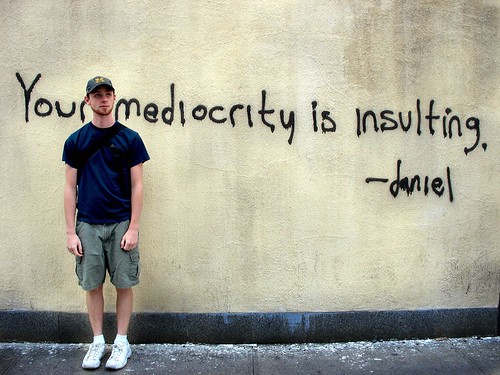Is Social Publishing simply Vanity Publishing 2.0?

“Yes, Sir, there are many happy people here. There are many people here who are watching hundreds, and who think hundreds are watching them.”
Samuel Johnson, Quotes on Vanity
“Digital publishing”, “ePublishing” and “social publishing” are the buzzwords du jour; Web 2.0 business models based on the idea that eBooks are the next big thing and social media platforms and tools are the best way to sell them.
There’s seemingly a new “publisher” putting up a digital shingle every day, and while the description and details vary somewhat among them, the usual common denominators are a savvy marketer’s dream combination of truth, opinion, hype, and a dash of old-fashioned “snake oil” opportunism:
- Print is dead.
- The distribution system is broken.
- eBooks are teh future.
- Social media has made us all publishers and journalists.
- Writers will do anything to get published.
That last point typically represents the digital start-ups’ primary source of income, monetizing a community of aspiring writers by selling their work back into the community, or by offering them fee-based services that allow them to do it themselves. In their ideal scenario, they double-dip.
While generally offering legitimate contracts and something resembling a distribution and marketing program — the latter of which will still fall primarily in the author’s lap — there’s a vague whiff of old-school vanity underlying the whole thing that’s bothered me from the beginning.




